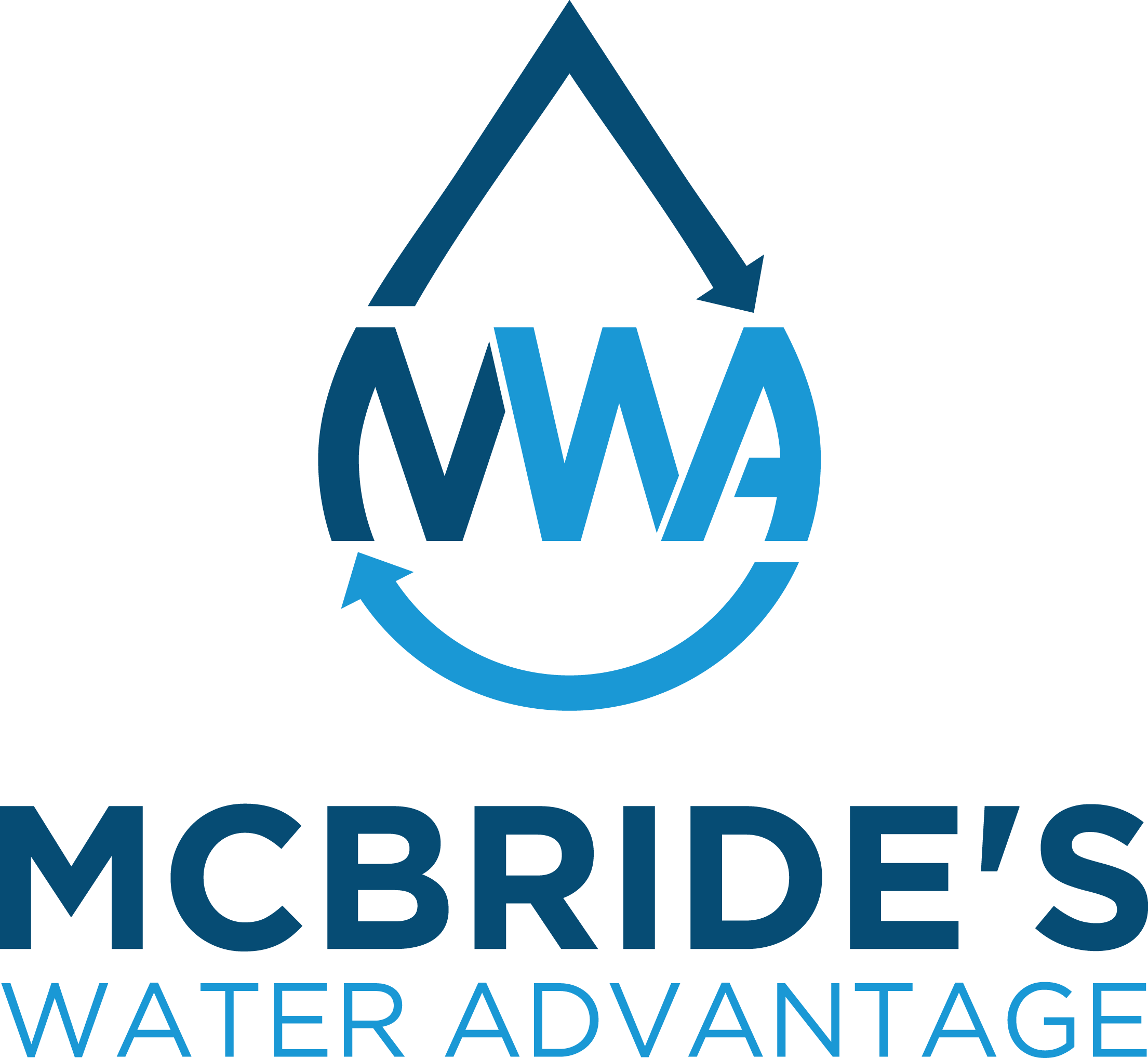 When water is pure, its pH levels are perfectly neutral. But residential tap water contains a variety of different minerals, particles and contaminants that have their own pH levels, which can alter the pH level of your home’s water. That’s why many homes in New Hampshire suffer from acidic water, which can damage plumbing systems and create problems that make your water unhealthy. Today we’re going to help you avoid these problems by talking about what acidic water is and how installing an acid neutralizer will level-out your water’s pH levels!
When water is pure, its pH levels are perfectly neutral. But residential tap water contains a variety of different minerals, particles and contaminants that have their own pH levels, which can alter the pH level of your home’s water. That’s why many homes in New Hampshire suffer from acidic water, which can damage plumbing systems and create problems that make your water unhealthy. Today we’re going to help you avoid these problems by talking about what acidic water is and how installing an acid neutralizer will level-out your water’s pH levels!
What is acidic water?
The pH level of water is measured on a scale between 0 and 14. As we mentioned above, pure water is perfectly neutral, which means it has a pH level of 7. If water contains contaminants that raise its pH levels above 7, the water is considered alkaline. If water contains contaminants that lower its pH levels below 7, the water is considered acidic. Acidic tap water is much more common problem in New Hampshire than alkaline water.
Acidic water is highly corrosive, which can damage your home’s plumbing system. Over time, the acidic water will eat away at your home’s pipes, which will eventually create pinhole leaks that will waste water and possibly damage your home. In addition, acidic water creates blue and green stains on the fixtures and surfaces that it comes into contact with.
Although acidic water on its own is not considered a health issue, its corrosive properties can be an indirect health hazard. That’s because acidic water can allow corroded pipe materials made of copper or lead to leach into your water. Consumption of copper and lead is linked to serious health issues like damage to the brain, red blood cells and kidneys.
What is an acid neutralizer?
An acid neutralizer is designed to prevent the problems associated with acidic water by raising the pH levels of your home’s water to as close to 7 as possible. This is done by installing the acid neutralizer near the point where water enters your home so that the water that travels through all of your home’s pipes is neutralized.
Like many types of water treatment systems, an acid neutralizer contains a filtration media that alters the characteristics of the water that comes into contact with it. In the case of acid neutralizers, the media is typically made of calcite (a form of calcium carbonate).
Calcite has a pH level of approximately 9.4. When water enters an acid neutralizer and comes into contact with the calcite media, calcite dissolves into the water. This has the effect of raising the water’s pH level because the calcite has a higher pH level than the water that it dissolves into.
Since the calcite media in acid neutralizers acts as a “sacrificial media” by dissolving into the water, it must be replaced about once per year.
Does an acid neutralizer make your water hard?
Calcite is a form of calcium, and calcium is one of the most common minerals that makes tap water hard. As a result, using an acid neutralizer might make some tap water hard depending on the previous hardness levels of the water and how much calcite is needed to neutralize the water. That’s why in some instances, a water softener is used in conjunction with the acid neutralizer in order to address both problems. Have your water tested by McBride’s Water Advantage to find out if this situation might apply to your home’s water.
If you have any questions about what an acid neutralizer is, or if you’d like a water system serviced or installed in your home, contact McBride’s Water Advantage, your water softener and water filtration system dealer in Epsom, New Hampshire. We provide service all over New Hampshire, including towns like Alton, Chichester and Raymond, NH.
photo credit: sysrq via photopin (license)
